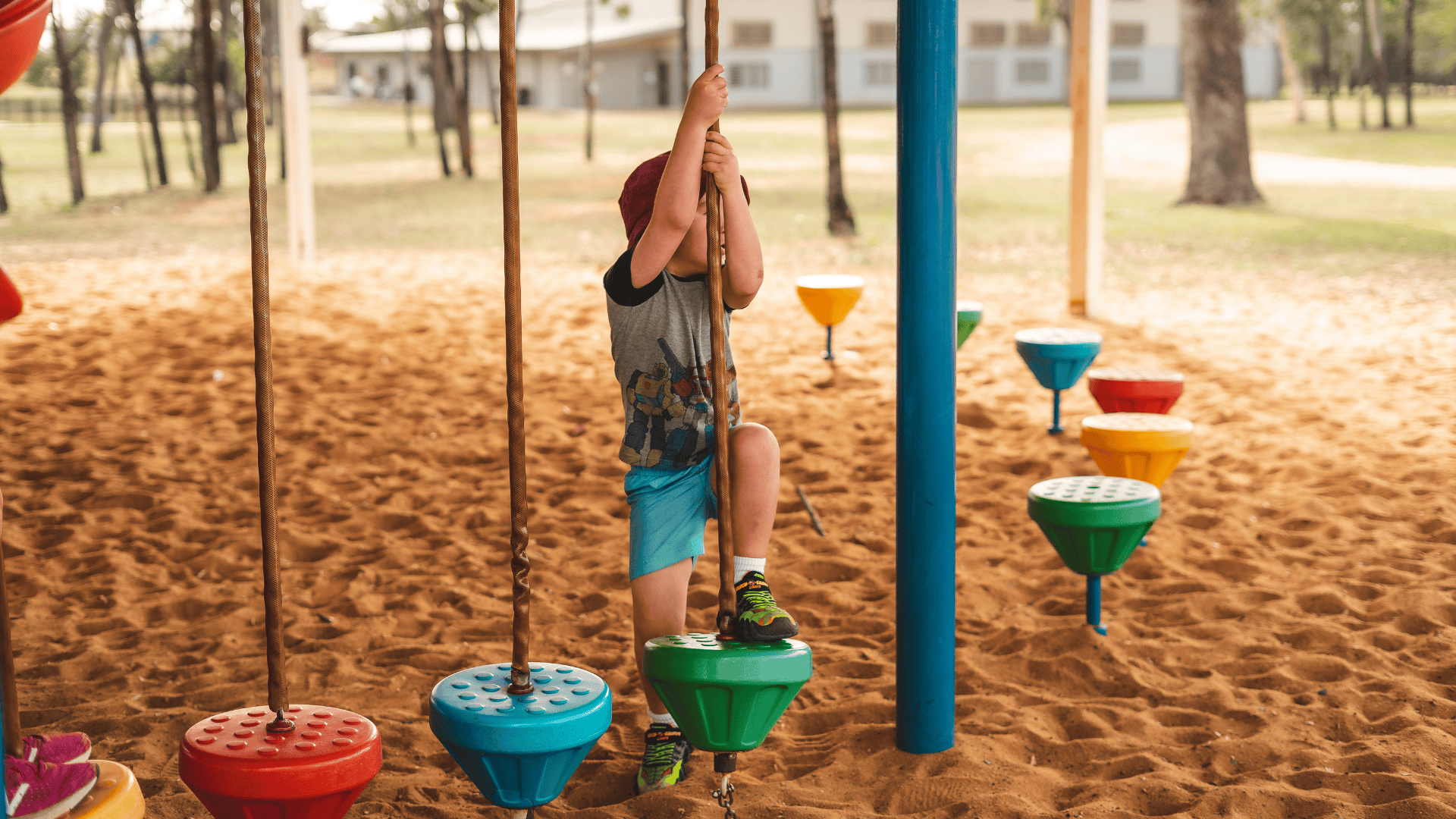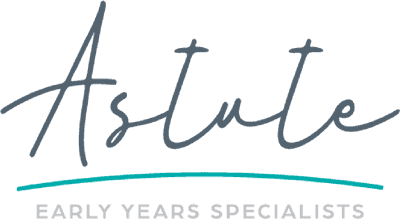The vast landscapes of Queensland hold immense opportunity, but for families in regional communities like Moranbah and Dysart, accessing quality early childhood and school age care can feel like navigating an arid desert. A study commissioned by BHP reveals a stark reality – a shortage of early learning places coupled with staffing challenges is leaving children behind. This blog delves into the issue and explores potential solutions to bridge the gap and ensure all Queensland children, regardless of their postcode, have the best start in life.
The Numbers Tell the Story:
- Early learning shortfall: The study found a potential deficit of early childhood and school-age care places in Moranbah and Dysart, further highlighting the existing struggle families face in accessing essential services.
- Staffing woes: Even existing centres grapple with staff shortages, exacerbating the problem and limiting the number of children they can educate and care for. The report identifies low wages, housing affordability issues, remote living costs, and limited professional development opportunities as key factors deterring educators from working in the region.
- Unmet needs: The 2021 Census data paints a concerning picture. Compared to the Queensland average, Moranbah residents shoulder a greater burden of unpaid childcare (32.1% vs. 26.5%), while preschool attendance falls below both state and national averages (4.8% vs. 5.4% and 6.3% respectively). This data suggests limited access to quality early learning for children in the region, despite them constituting a larger proportion of the population compared to the state average.*
*source: Australian Early Development Census 2021.
Consequences Beyond Numbers:
Early childhood is a crucial stage in development, laying the foundation for future learning, social skills, and overall well-being. Lack of access to quality early learning in Moranbah and Dysart translates to missed opportunities for children, potentially impacting their developmental trajectories and educational outcomes throughout their lives.
Addressing this complex issue requires a multifaceted approach:
- Invest in early learning: Increased government funding and support are crucial to create more early childhood and school-age care places in regional areas.
- Attract and retain educators: Competitive wages, affordable housing options, and readily available professional development opportunities will make working in regional Queensland more appealing to qualified early childhood professionals.
- Community collaboration: Partnerships between local businesses, government agencies, and community organisations can foster innovative and sustainable solutions.
- Advocacy and awareness: Raising awareness about the importance of early learning and the challenges faced by regional communities is essential to garner support and advocate for change.
Every child deserves a bright future, and that future starts with access to quality early learning. By working together, we can ensure that children in regional Queensland, like those in Moranbah and Dysart, have the opportunity to thrive and reach their full potential. Let’s work together to give them the start in life that they deserve.
Learn more about how you can support Regional Queensland Children here.









